

A recent virtual Vice-Chancellor’s Forum held by the University of the West Indies concluded with an expression of solidarity with Duchess of Sussex Meghan Markle and her son, Archie, as victims of institutional racism embedded in the culture and consciousness of the Royal Family of the United Kingdom (UK).
Professor Sir Hilary Beckles, vice-chancellor of The UWI, at the end of more than three hours of dialogue and engagement, also projected that “the young black prince, Archie, is poised, in the years ahead to become a symbol and lightning rod of this movement”.
‘Royalty, Racism, Republicanism& Reparation: Preparing for the 60thAnniversary of Nationhood in the CARICOM Region’ was the theme of the virtual Vice-Chancellor’s Forum held March 25.

A collaborative effort of the Office of the Vice-Chancellor and the Centre for Reparation Research (CRR), the forum marked the annual International Day of Remembrance of the Victims of Slavery and the Transatlantic Slave Trade.
The anticipated 60th Anniversary of Independence of Jamaica and Trinidad & Tobago, as well as recent international reports of racism in the UK and within the British Royal family set the context as the panel of global voices discussed Britain’s role in transatlantic slavery, the need for it to join the dialogue on reparations and the critical question of republicanism for Caribbean states that continue to retain Queen Elizabeth II as head of state.
Proposing a draft resolution, the vice-chancellor called for “… republican status as a necessary precondition for the Caribbean region entering the second phase of nation building”.
Sir Hilary said that “there should be an apology from the Queen, the Royal Family and their supporters that have benefited from slavery and colonisation and British participation in a dialogue for reparatory justice”.

The resolution is still to be ratified and the Centre for Reparation Research has committed to gathering the experts and necessary supporting counsel to move the process forward.
Lamenting that the legacy of slavery remained with the people of the Caribbean, Professor Verene Shepherd, moderator of the forum and director of The UWI Centre for Reparation Research (CRR), said the international day presented a chance to raise awareness about the dangers of racism and prejudice as well as ask questions about “the political future of a Caribbean of which too many maintain Elizabeth II, represented on the ground by a Governor General as Head of State”.
Said Shepherd: “As we approach the 60th year of Independence for two countries in our region, what future do we wish to have; will we at last return to Republicanism as some have done and others are contemplating; have the scales at last fallen from our eyes in terms of the ideological orientation of the British Monarchy; will we make this century truly the reparations century?”
“A fully-fledged and developed nationhood will be constructed, in our region, fundamentally on the intellectual and ideological work that has come out of The University of the West Indies… it will be founded on the basis of economic production integration, republicanism and reparations.”
David Comissiong, Barbados’ ambassador to CARICOM
David Comissiong, Barbados’ ambassador to CARICOM, praised The UWI’s historical consistence in providing the region with valuable intellectual and ideological guidance.
“A fully-fledged and developed nationhood will be constructed, in our region, fundamentally on the intellectual and ideological work that has come out of The University of the West Indies… it will be founded on the basis of economic production integration, republicanism and reparations,” he said.
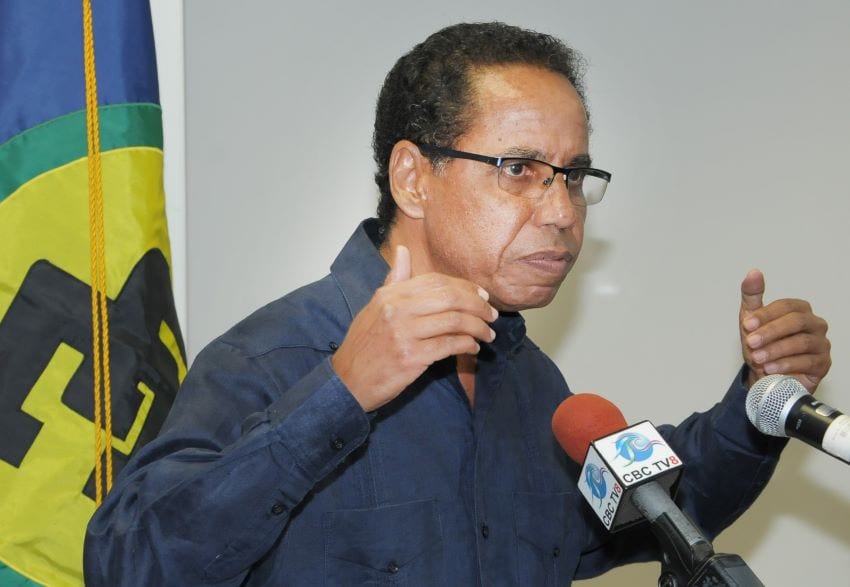
Other expert voices that participated in the two-part panel discussions included author Afua Hirsch, who is also a broadcaster and Wallis Annenberg Chair, University of Southern California; Dr Ahmed Reid, associate professor of history, City University of New York; Maxine Stowe, music culture executive and Rastafari Pan African activist; Dr Kris Manjapra, associate professor of history, Tufts University; Shabaka Kambon, founder/director, Cross Rhodes Freedom Project, Trinidad and Tobago; Priscellia Robinson, UK barrister and 2019 UN Fellow; Bert Samuels, Pan African attorney-at-law; Professor Carolyn Cooper, author, literary critic and culture and development specialist; Frank Phipps, QC, attorney-at-law and Dorbrene O’Marde, chair, Antigua and Barbuda Reparations Support Commission.
The focus of the CRR at The UWI is threefold: to promote research on the legacies of colonialism, native genocide, enslavement and indentureship in the Caribbean, and how to bring justice and positive transformation to these legacies; to promote education at The UWI and across Caribbean school systems on the legacies of colonialism, enslavement and native genocide and the need for justice and repair; and to promote advocacy for reparatory justice by building a capacity for consultancy to CARICOM, Caribbean states, the UN and other relevant institutions, public awareness raising, and supporting activism for reparatory and decolonial justice from grassroots to governments.

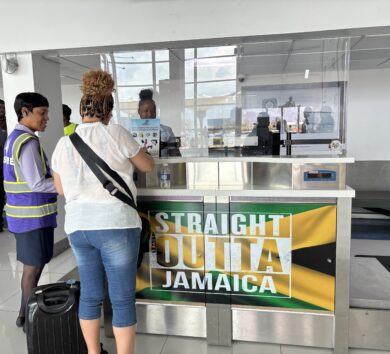
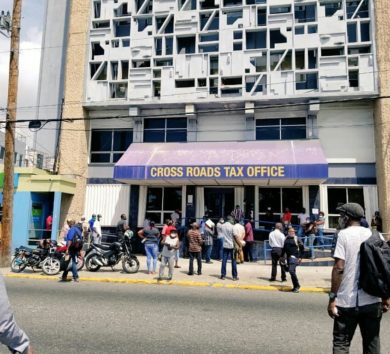
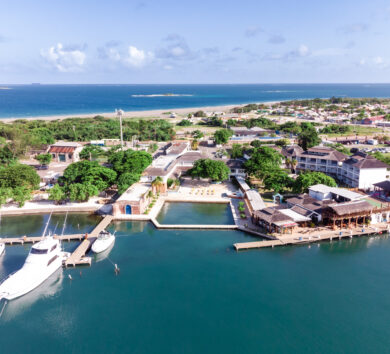
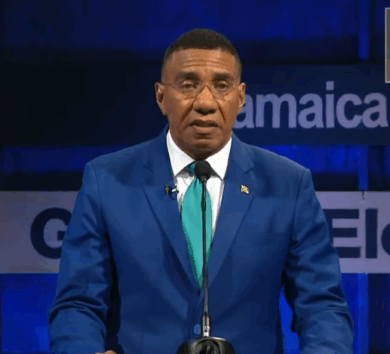
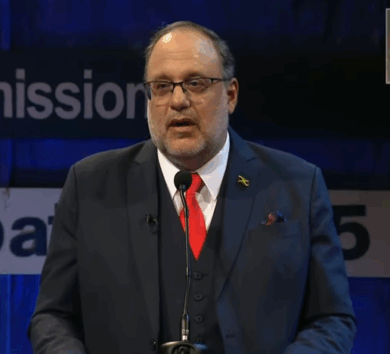
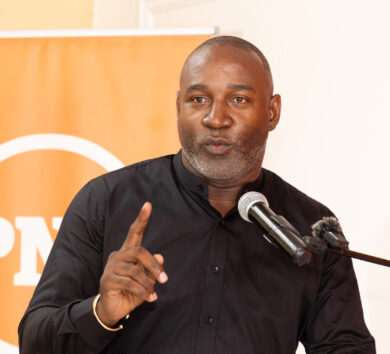
Comments